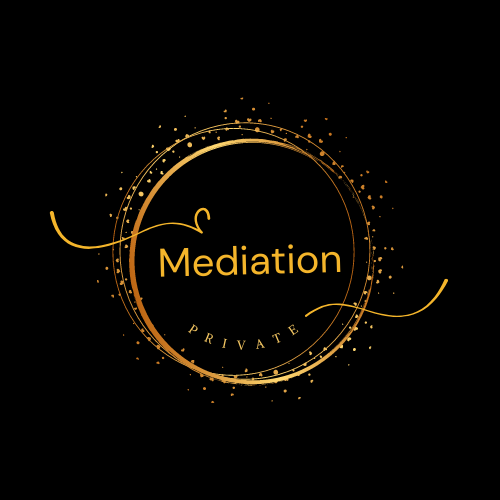
Mediation is a process in which a neutral third party, called a mediator, helps two or more people who have a conflict to reach a mutually agreeable resolution. The mediator does not make decisions for the parties, but rather facilitates communication and helps the parties to identify and explore possible solutions.
Private mediation is mediation that is conducted between two or more parties who are not involved in a legal dispute. This type of mediation is often used to resolve business disputes, family disputes, or personal disputes.
Commercial mediation is mediation that is conducted between two or more parties who are involved in a legal dispute. This type of mediation is often used to resolve contract disputes, employment disputes, or intellectual property disputes.
Other types of mediation include:
- Community mediation: This type of mediation is used to resolve disputes between neighbors, community members, or businesses.
- Court-ordered mediation: This type of mediation is ordered by a court as part of a legal proceeding. It is also called court annexed mediation. Mediation in this context is a requirement in terms of Uniform Rule 41A. The Uniform Rules of Court are a set of procedural rules that govern the conduct of civil proceedings in the High Court of South Africa.
- Online mediation: This type of mediation is conducted over the internet.
Mediation is a voluntary process, and the parties can end the mediation at any time. However, mediation can be a valuable tool for resolving disputes, as it can help the parties to reach a mutually agreeable resolution that they would not be able to achieve on their own.
Here are some of the benefits of mediation:
- It is a more efficient and cost-effective way to resolve disputes than litigation.
- It allows the parties to have more control over the outcome of the dispute.
- It can help to preserve the relationship between the parties.
If you are considering mediation, it is important to do your research and find a mediator who is qualified and experienced in the type of dispute you are involved in. You should also be prepared to participate actively in the mediation process and to be open to compromise.
Here are some of the things to keep in mind when considering mediation:
- Mediation is not a magic bullet. It is a process that can help the parties to reach a mutually agreeable resolution, but it is not guaranteed to succeed.
- Mediation is not a substitute for legal advice. If you are involved in a legal dispute, you should still consult with an attorney to discuss your options.
- Mediation can be emotional. It is important to be prepared to discuss the dispute in a calm and constructive manner.
